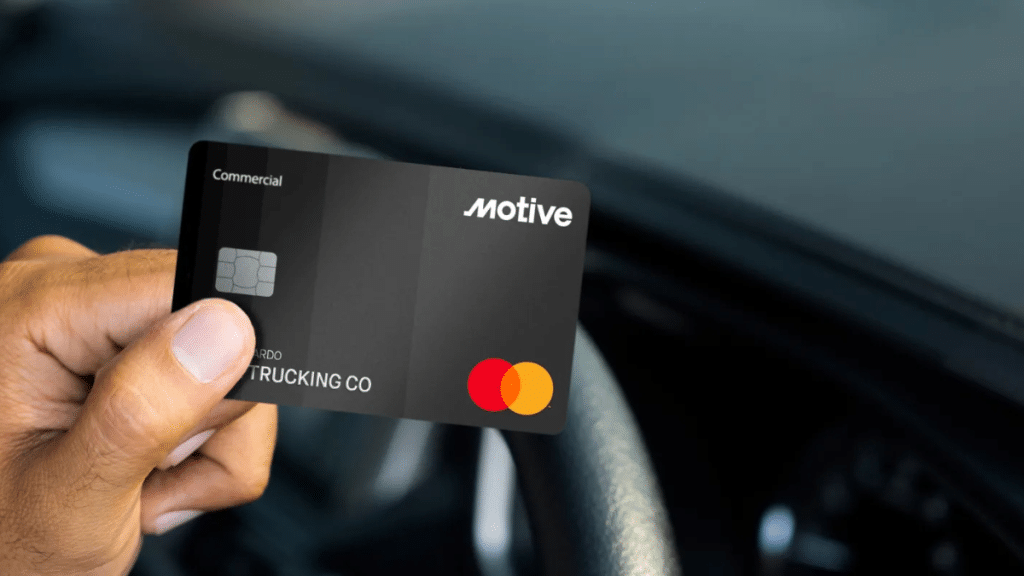Managing fuel expenses efficiently is a top priority for businesses with company vehicles or mobile teams. Fuel can quickly become one of the largest recurring costs, and without proper oversight, it can lead to overspending, inefficiencies, and unnecessary administrative work. Fuel cards provide a modern, practical solution that streamlines how businesses manage and track fuel costs, resulting in improved financial management across the board.
Simplified Expense Tracking
One of the most compelling advantages of fuel cards is the streamlined expense tracking they enable. Every transaction made using a fuel card is recorded with essential details, such as the date, location, fuel type, and total cost. This eliminates the need for employees to save physical receipts and reduces the time spent entering data manually. With all information logged automatically, finance teams can easily generate accurate and timely reports without chasing paperwork.
Enhanced Spending Control
Fuel cards offer businesses tighter control over how and when fuel is purchased. Employers can set spending limits by day, week, or month and restrict what can be bought—such as fuel only or specific fuel grades. Some cards even allow control over where purchases can be made. These features promote accountability and reduce the chances of misuse, making it easier to enforce company fueling policies.
Cash Flow and Administrative Benefits
Fuel cards often come with the added advantage of consolidated invoicing and deferred payments. Instead of drivers paying out of pocket and submitting receipts for reimbursement, the business receives one central invoice for all fuel purchases made across the fleet. This improves cash flow by delaying payment and also reduces the burden on payroll and accounts teams.
For companies looking to improve their operational efficiency, a fuel card from Radius can be a highly effective tool. It combines the ease of centralized tracking with powerful controls that help businesses manage costs more proactively.
Improved VAT Recovery
If a business is based in the UK, another key benefit of using fuel cards is the simplification of VAT recovery. Because fuel card providers offer fully itemized, HMRC-compliant invoices, businesses can easily reclaim the correct amount of VAT without sorting through individual paper receipts. This not only saves time but ensures maximum recovery and reduces the risk of errors in the tax reclaim process.
Valuable Data Insights
Fuel cards generate valuable usage data that can help businesses identify trends and inefficiencies. By analyzing this information, companies can detect patterns in fuel consumption, highlight potential misuse, and make informed decisions around vehicle maintenance or driver behavior. These insights enable long-term strategic improvements that go beyond day-to-day cost savings.
Greater Security and Accountability
Carrying cash or personal credit cards for business fuel expenses presents a security risk and opens the door for fraud or lost funds. Fuel cards are linked to individual drivers or vehicles, offering better traceability and accountability. If a card is lost or stolen, it can be quickly canceled, and unusual activity can be flagged immediately. This added layer of security helps protect company resources and improves oversight.
Integration with Fleet Management
Many fuel card solutions integrate seamlessly with fleet tracking or financial software. This means businesses can combine fueling data with vehicle usage, mileage, or route tracking, providing a complete picture of operational performance. Integration streamlines reporting and helps align fuel spending with broader company goals.
Conclusion
Fuel cards are more than just a payment method—they’re a vital tool in controlling expenses, reducing administrative pressure, and gaining deeper insights into business operations. For any company managing fuel at scale, introducing a fuel card system is a smart step toward better financial and operational control.

